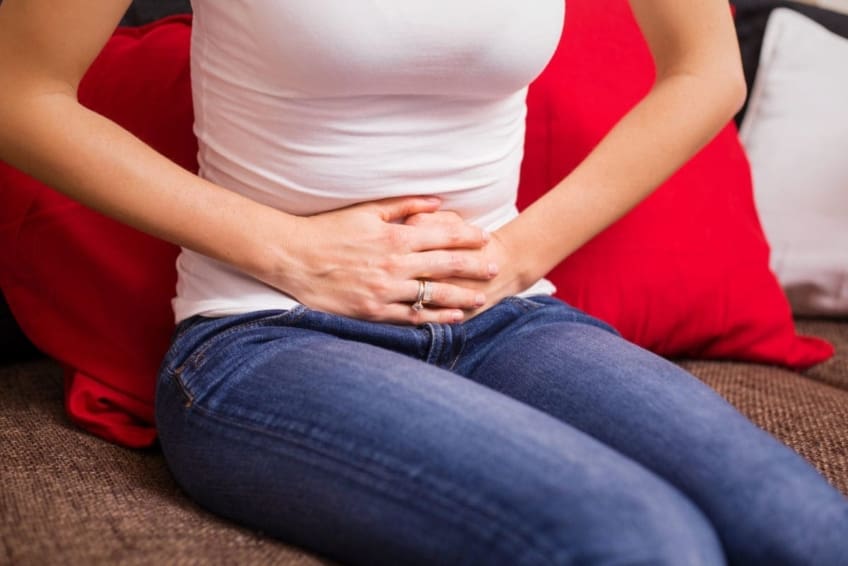
What is dysmenorrhea?
Dysmenorrhea is the medical term for pain that women have before or during menses (known as their period). It usually is not serious.
Symptoms of dysmenorrhea
Menstrual cramps can feel like a dull ache or a shooting pain. They most often occur in your low stomach. You may also feel them in your low back, hips, or thighs. The pain may start before your period or when your period begins. Menstrual cramps last about 1 to 3 days. The pain may be bad enough to keep you from normal activities.
What causes dysmenorrhea?
There are two types of dysmenorrhea. Primary dysmenorrhea is pain caused by common menstrual cramps. Secondary dysmenorrhea is pain caused by a disease or condition. This could include:
- an infection
- ovarian cysts (fluid-filled sacs in your ovary)
- endometriosis (a problem with the lining of your uterus).
How is dysmenorrhea diagnosed?
Most of the time, women do not need to see the doctor for menstrual cramps. This may be different if you have severe, lasting pain or pain that is new or different. In these cases, your doctor may want to do a physical exam, pelvic exam, or tests. These can help diagnose or rule out the cause of your pain. An ultrasound test lets your doctor see if you have ovarian cysts. A laparoscopy can check for endometriosis. In this minor surgery, the doctor makes a small cut in your low stomach. Then, they insert a thin tube to look inside your uterus.
Can dysmenorrhea be prevented or avoided?
Menstrual cramps and pain cannot be prevented or avoided.
Dysmenorrhea treatment
At-home treatment is available for women who have menstrual cramps. The goal is to relieve symptoms. Over-the-counter medicines can reduce pain. These include ibuprofen (brand names: Advil and Motrin) and naproxen (brand name: Aleve). Other medicines are Midol, Pamprin, and Premsyn PMS. You also can try using heating pads or taking a warm bath.
Talk to your doctor if these don’t help. They may suggest a stronger pain reliever. They may want you to try using birth control pills or a birth control shot. These can help make your periods less painful.
Living with dysmenorrhea
Menstrual cramps are painful but can be managed with treatment. Talk to your doctor if you have any of the following symptoms:
- painful periods that start later in life
- pain at times other than the first couple days of your period
- abnormalvaginal discharge or bleeding
- pain that doesn’t go away when you take medicine to relieve it.
Questions to ask your doctor
- Is the pain I have a normal part of my menstrual cycle?
- What can I do to treat and relieve my pain?
- Are there lifestyle changes I can make, such as diet or exercise, that will help?
- What should I do if my pain lasts or gets worse?
- Are there any health problems that are related to menstrual cramps?
![]()
Copyright © American Academy of Family Physicians
This information provides a general overview and may not apply to everyone. Talk to your family doctor to find out if this information applies to you and to get more information on this subject.









